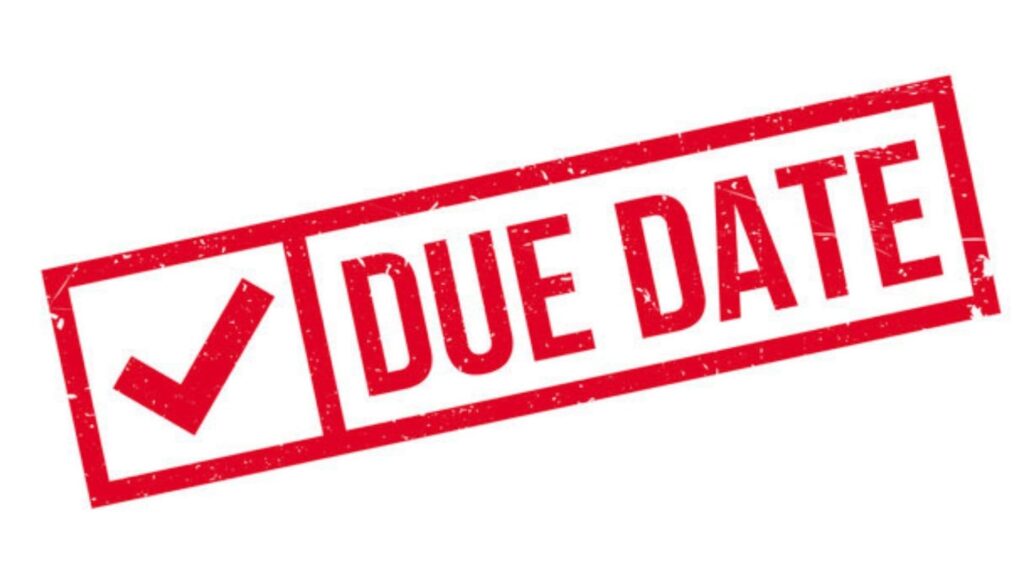Massachusetts State Income Tax
Massachusetts residents must pay state income tax on both earned income (salaries, wages, tips, and commissions) and unearned income (interest, dividends, and capital gains).

Massachusetts state income taxes are based on state residents’ ordinary income. This includes wages, business profits, and other regular sources of income, as well as rental income, dividends, interest, royalties, and some retirement account distributions. Other special types of income, such as long-term capital gains and Social Security benefits, are also taxed in the state. Massachusetts State Income Tax rate is 5%, and there is an additional 4% surtax on income above $1 million. The state also imposes property and sales taxes, but these are not as high as in many other states.
Individuals with simple tax situations, such as W-2 income, can use the state’s free online MassTaxConnect service to submit their returns. They can also use the site to make a payment or check the status of their refund. The site also provides links to Department of Revenue resources and references to additional tax help services.
How to Pay Massachusetts State Income Tax?
If you have a late Massachusetts tax payment, the state offers several ways to pay it. You can use MassTaxConnect to make a credit card payment or sign up for automatic payments through the mail using Form EFT. You can also make a payment by check or by order of money. Make it payable to the Commonwealth of Massachusetts, and include a MassTaxConnect Payment Voucher or a copy of your income tax return with the payment.
If you owe back taxes in Massachusetts, you can get on a payment plan with the Department of Revenue (DOR). To qualify for a Lien Waiver Agreement, you must have sufficient income to cover your debts, and you must be able to make monthly payments. You will need to submit a payment proposal letter, profit-and-loss statement, bank statements and proof of estimated quarterly payments.

Massachusetts State Income Tax Due Dates
Generally, Massachusetts state income tax due dates align with federal deadlines. For instance, state returns are due Wednesday, April 17, 2024, to coincide with the federal filing deadline.
If you are unable to file by the April 17 deadline, you can request an extension. However, you must pay at least 80% of the tax due by the original due date to avoid penalties and interest.
Individuals can file extensions electronically through MassTaxConnect or using commercial software. They can also file a paper extension on Form M-4868 for individuals or Form 1-NR/PY for nonresidents and part-year residents.
For more information about Massachusetts taxes, visit the Massachusetts Department of Revenue website. You can also find forms and instructions on the site. If you need assistance preparing your return, consider hiring a professional tax preparer





